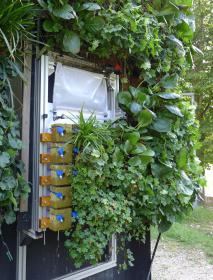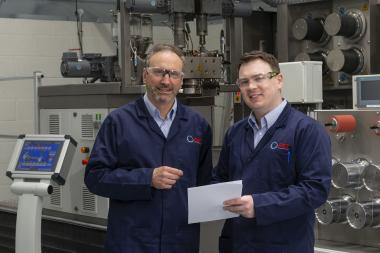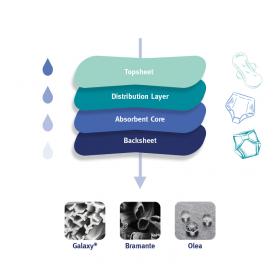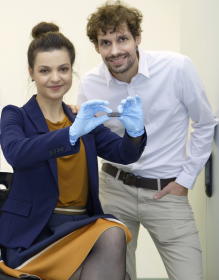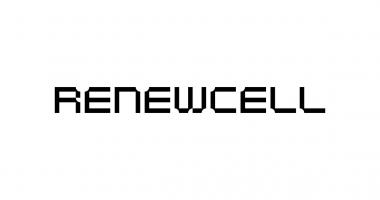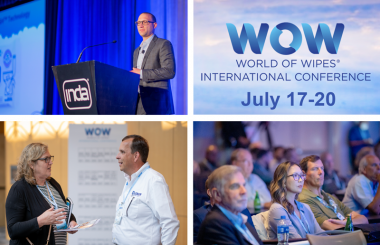Alternative to synthetics: MAS Holdings invests in HeiQ AeoniQ™
MAS Holdings, a global apparel & textile manufacturing and tech conglomerate, headquartered in Sri Lanka, secures a stake in HeiQ AeoniQ™ as part of its Plan for Change initiative to support the development of next-generation cellulosic filament fibers to replace polyester and nylon.
HeiQ from Switzerland and MAS Holdings entered a partnership for MAS to secure a stake in HeiQ AeoniQ GmbH, a subsidiary of HeiQ Group that will produce HeiQ AeoniQ™, a climate-positive cellulosic yarn.
With this investment, MAS Holdings becomes the first manufacturer to partner with HeiQ AeoniQ™ in their efforts to provide a sustainable alternative to polyester and nylon. The investment to be made by MAS Holdings is part of the group’s strategy to drive a positive environmental impact. The MAS Plan for Change aims to generate 50% of the company’s revenue through sustainable products by 2025, revolutionizing the textile industry with a focus on innovation, sustainable sourcing, and pioneering circularity at scale.
With the closing of this deal, HeiQ and MAS agreed to a 5-year Offtake Agreement for 3,000 tons of HeiQ AeoniQ™ yarn in 2025 and 5,000 tons per year from 2026 to 2029, valued by HeiQ in the aggregate to US$ 100 million. MAS will finalize this commitment within a stipulated time period after achieving milestone 1, and a mutual plan for commercialization. HeiQ and MAS firmly believe that rapid scaling is key to facilitating the fast adoption of sustainable, circular technologies such as HeiQ AeoniQ™.
The HeiQ AeoniQ™ pilot plant in Austria is manufacturing this revolutionary continuous cellulosic filament yarn since Q3 2022, with up to a 100 tons capacity to be upscaled up to 300 tons by the end of 2023.
The HeiQ AeoniQ™ production scale-up is planned to have its definitive boost by early 2026 with the construction of an entirely new gigafactory capable of a 30,000-ton output per year, in a 250M USD estimated investment.
Polyester and nylon, two oil-based fibers, virtually non-recyclable, account for about 70% of all the global textile production, they take between 350 to 1000 years to degrade in nature, are currently close loop recycled at less than 1%, and are at the origin of 35% of the microplastics that can be found in today's oceans. HeiQ AeoniQ™ was innovated and is being hyper-scaled up to change this course of action.
HeiQ






